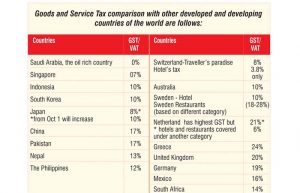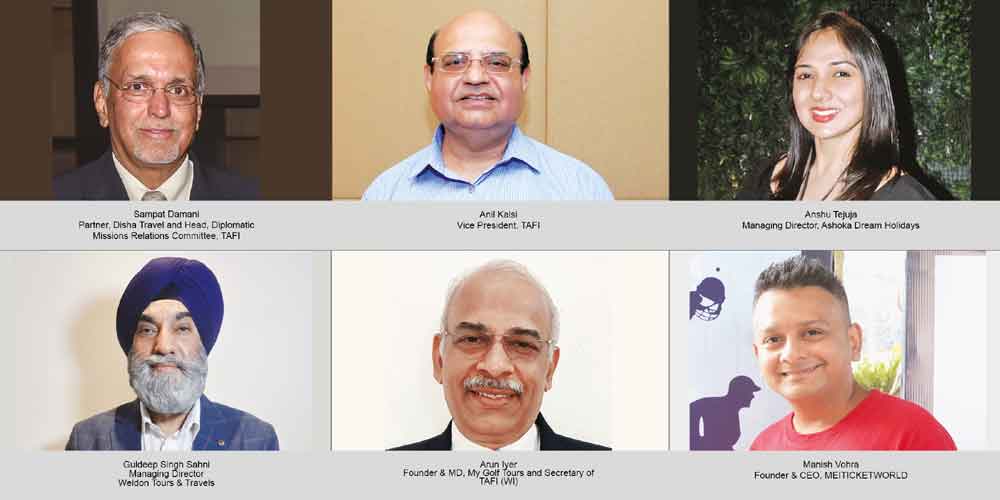Deliberating on the recently announced GST rates for tourism and hospitality industry, Bharat Bhushan Atree, Managing Director, Caper Travel Company, believes that rather than making India a more competitive tourist destination, we have in effect become the most expensive in the world.
Bharat Bhushan Atree, Managing Director, Caper Travel Company
The recent announcement of the four-fold tax structure under Goods and Services Tax Bill (zero per cent, 5 per cent, 12 per cent, 18 pe cent and 28 per cent) by the GST Council has been agreed upon for different categories of goods and services. While the overall impact of this tax structure on different goods and services has not been much, where the price is fairly the same or slightly reduced, the tourism and hospitality industry has been neglected and not treated fairly. The impact on this sector is an increase in taxes by nearly 40 per cent than the existing tax structure. For tour operators, there is no longer a provision of input credit and for B2B segments of business, there will be an additional tax of 5 per cent on each transaction. This will make hotels and other tourism products more expensive and non-competitive with other Asian countries.
According to the announcement by the GST Council, non-AC restaurants will charge 12 per cent GST on food; AC restaurants and those with a liquor license will charge 18 per cent GST while restaurants in 5-star hotels will charge a GST of 28 per cent. Hotels and lodges charging per day tariff of `1,000 will be exempted from GST while those charging per day tariff up to Rs. 2,500 will pay 12 per cent tax. Hotels charging Rs. 2,500-5,000 will pay 18 per cent tax and hotels with per day tariffs above Rs. 5,000 will be levied with 28 per cent tax. Furthermore, services supplied by tour operators will attract 5 per cent GST with no Input Tax Credit. With 28 per cent as the highest taxation slab in our scheme of things, we have acquired the dubious distinction of the most taxed country as far as the indirect taxes are concerned. This fact gets validated when we take into account only the four tax slabs agreed upon and compare it with the nations of the world, rich or poor, which have implemented a GST regime

“The new GST system will be the last nail in the coffin. We have clearly failed the test miserably, as we have happily created a GST regime with a taxation structure that is highest in the democratic world especially for the hospitality and tourism sector”
Tourism is a green industry which generates employment and earns foreign exchange for the country. The government claims that its aim is to give priority to promote tourism into India but the recent tax structure announced by the GST Council is contrary to government’s objective. I hope that the stakeholders from tourism and hospitality industry especially associations like FAITH and IATO will put across industry’s concern to the government though I see little hope once the structure is decided and declared.
(The views expressed are solely of the author. The publication may or may not subscribe to the same)
 TravTalk India Online Magazine
TravTalk India Online Magazine





